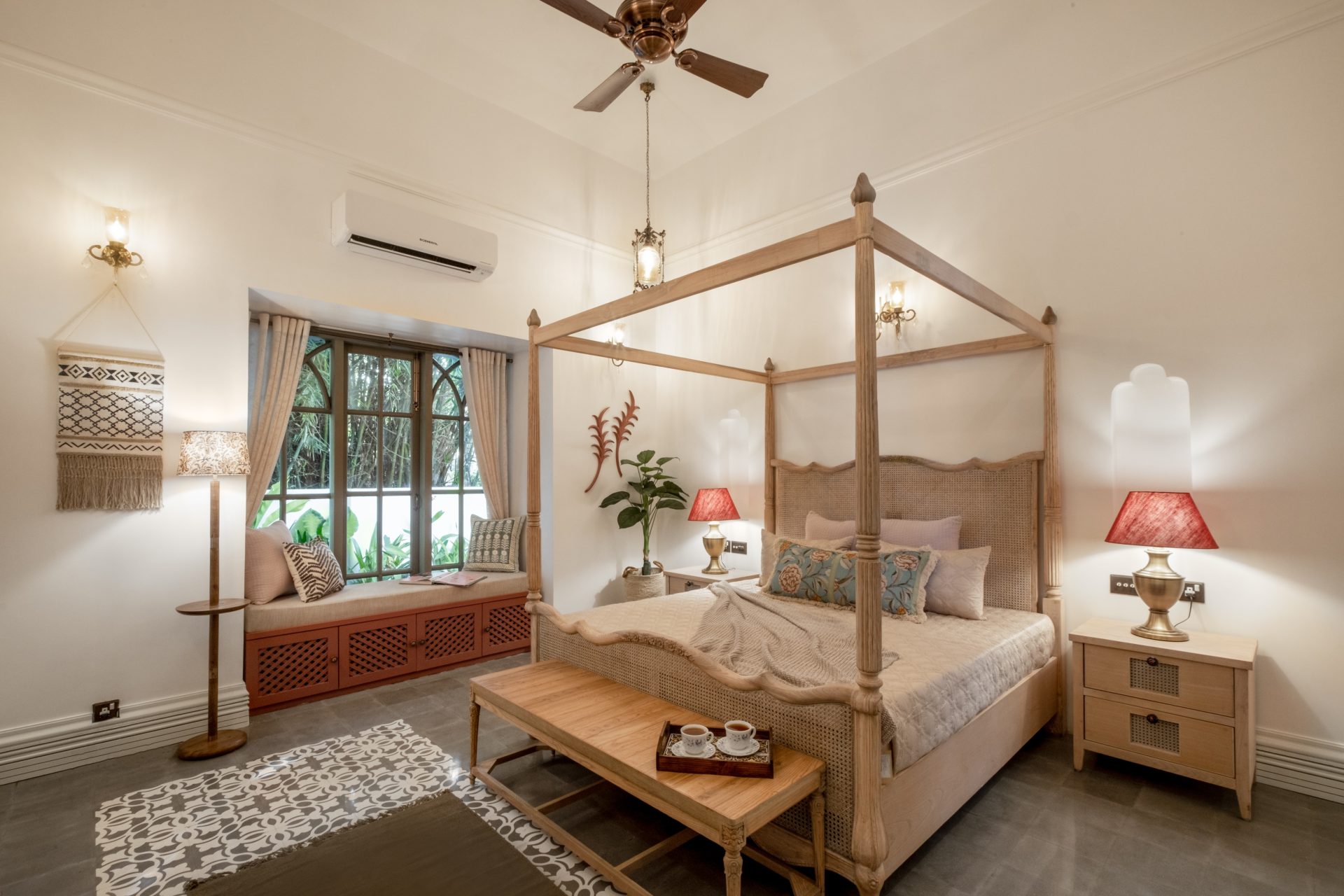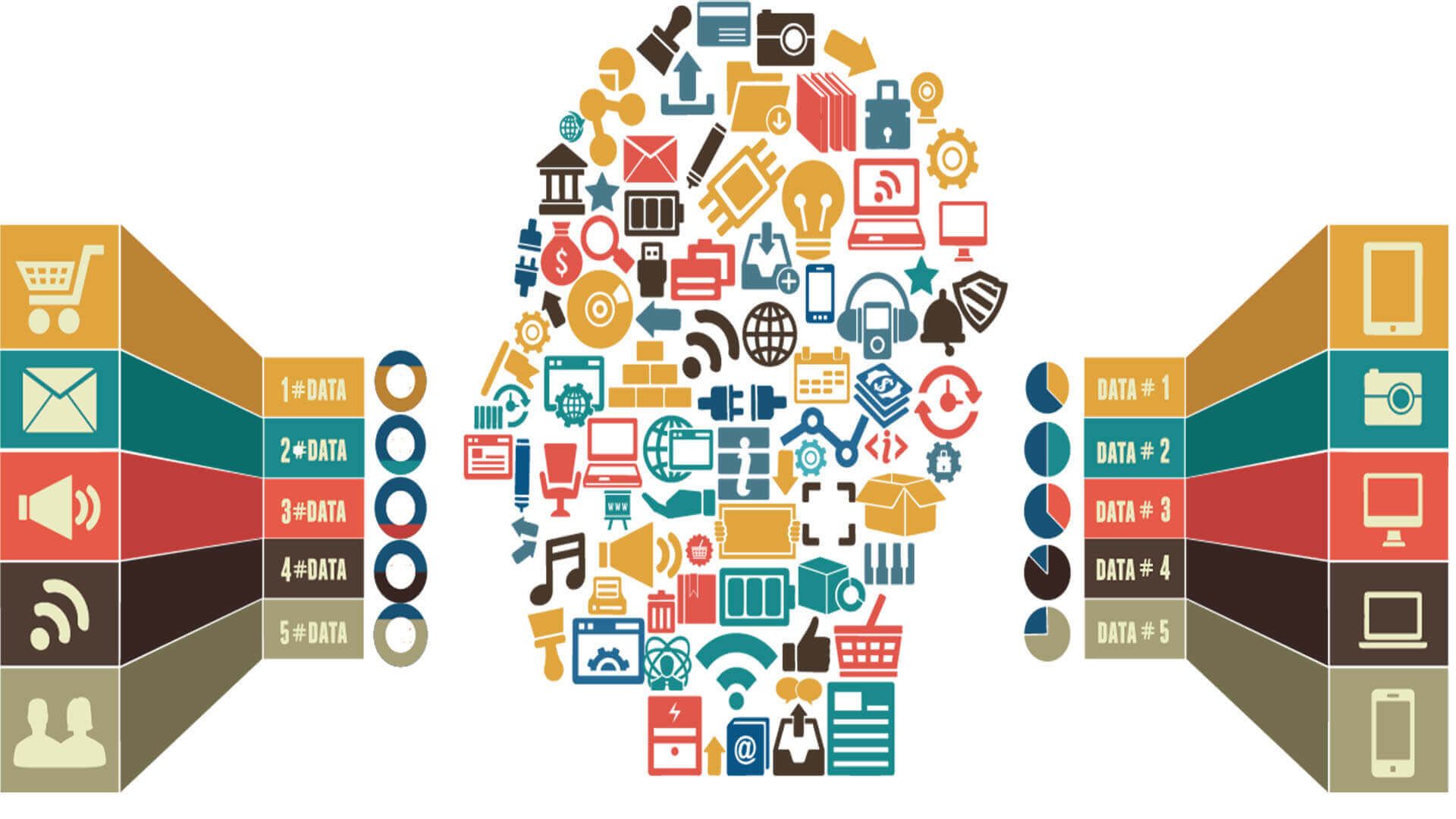Efficiency is key to the success of hotels in the hospitality industry. Streamlining operations to provide superior customer experiences and maintain profitability is crucial with the changing expectations of customers, technological advances, and cost-control. Optimizing hotel operations requires the refinement of various processes, such as front-desk management, housekeeping services, food and beverages, and administrative tasks at the back end. Hotels can improve their efficiency and customer satisfaction by implementing smart strategies, leveraging technology and utilizing the latest technologies.
Leveraging Technology to Automate
Automation is one of the best ways to streamline hotel operation. Property management systems help hotels efficiently manage reservations, check ins, check outs, billing and guest preferences. Check-in kiosks, mobile apps and other automated systems allow guests to access their rooms and check in without waiting at the front desk. Digital key systems replace physical keys and improve security. AI-powered chatbots, virtual concierges, and other technologies help guests with reservations, inquiries, and suggestions, improving the customer experience and reducing the workload on hotel staff.
Optimizing Housekeeping Operation
The housekeeping department is a key component of ensuring that guests are satisfied. Streamlining this department will improve the efficiency of hotels. A digital housekeeping system can be used to assign tasks, track the status of rooms, and optimize schedules for staff in real-time. Smart sensors can be used to detect the occupancy of rooms, which allows housekeeping staffs to only clean when needed, saving both time and resources. The consistency of service is ensured by standardizing cleaning procedures, and regularly training staff. Eco-friendly products and systems for cleaning and laundry not only improve sustainability, but they also reduce operational costs.
Enhancing Front Desk and Guest Services
Front desks are the first contact point for guests. Their efficiency is crucial to a good first impression. Staff training to effectively handle check-ins and inquiries is essential for smooth operations. Integrating CRM allows staff to view guest preferences and histories, which enables personalized service. A digital queue management system that is well organized can help manage the flow of guests and reduce waiting times. Apps that encourage pre-arrival checking in ensure a smooth arrival. Communication between front desk staff and other departments such as maintenance and housekeeping is key to addressing guests’ requests quickly.
Improving Food and Beverage Efficiency
Food and beverage is another area that can be improved. A restaurant management system can streamline reservations, order processing and inventory management. Digital menus with QR codes enable guests to order from their mobile device, which reduces wait times and enhances convenience. Inventory tracking software ensures optimal stock levels, preventing waste and over-purchasing. A well-defined kitchen workflow, with clear roles and responsibilities defined, reduces the time it takes to prepare and serve food. Staff training in customer service, speed and efficiency will ensure a pleasant dining environment for guests.
Streamlining Administrative & Financial Operations
Digital solutions can optimize back-end operations such as finance, procurement, and human resources. Automated scheduling and payroll systems can help you manage your staff more efficiently, while still complying with labor laws. Cloud-based software simplifies accounting, tracking expenditures, and producing real-time reports. A procurement system that is efficient can help hotels negotiate better deals with suppliers, manage their supplier relationships and control costs. Integrating administrative processes in a central system increases transparency and reduces errors.
Enhancing Collaboration and Communication
Communication is key to smooth hotel operations. Adopting an integrated communication platform such as a messaging app for internal use ensures real-time coordination and updates between departments. Team meetings and feedback sessions are important for addressing challenges and implementing improvements. Standard operating procedures (SOPs), which are clearly defined for each department, ensure that the staff follows consistent protocols and minimizes confusion.
Sustainable Practices to Improve Efficiency
In modern hotel operations, sustainability and kitchen efficiency are closely linked with help of mirabake.com. Energy-efficient lighting and water-saving fixtures are implemented to reduce utility costs, while also promoting environmental responsibility. Encourage guests to take part in green initiatives such as linen and towel reuse programs. This will reduce unnecessary laundry costs. Composting and recycling waste can help hotels run more sustainably. Locally produced food and drinks support the community and reduce transportation costs while also reducing carbon footprint.
Data Driven Decision Making
Data analytics is a key component of optimizing hotel operations. Hotels can improve efficiency by analyzing feedback from guests, occupancy trends and financial performance. Predictive analytics can help forecast demand and improve pricing strategies, inventory management, and pricing strategies. Data on guest behavior allows hotels to customize marketing campaigns and loyalty programmes, increasing customer retention. Reviewing operational data regularly helps identify bottlenecks, and improves hotel processes.
Employee Training and Development
Hotel operations are only efficient if the staff is well-trained. Training programs for employees improve skills, increase productivity and reduce errors. Staff that are cross-trained to perform multiple roles will be more flexible and resilient. Encouragement of a culture that values continuous learning, and recognition of employee contributions can boost morale and increase job satisfaction. Motivated and happy employees provide better service to guests, leading them to a more positive experience.
Conclusion
To optimize hotel operations, a strategic approach is needed that integrates technology, process improvements, sustainability and employee development. Hotels can improve efficiency and deliver exceptional customer experiences by leveraging automation, improving communication, implementing sustainability practices, and using data-driven decision making. Hotels can remain competitive by continuously evaluating and adapting to market trends. The streamlined processes improve operational efficiency and contribute to profitability over the long term.



